[trx_quote cite=”#” title=”Mandy Green”]When it comes to getting work done in the office, a lot of coaches just simply go into their office with no plan, react to everything around them, take no scheduled breaks, and choose to do whatever grabs their attention next until it is time to leave the office! [/trx_quote]
Plan Your Day Like You Would Play Your Practice
I am speaking in a few weeks to all of the amazing coaches who will be at Camp Elevate. As I am preparing my Time Management 101 speech, I am remembering a conversation that I had with a coach while we were out recruiting a few weeks ago.
It went something like this. “Mandy, I know that I am stressed, overwhelmed, busy doing random stuff all day, and not making the progress I want with my program. I know I need to manage my time better and get organized, but I don’t even know where to begin.”
My response to this coach was that I believe all coaches need to approach time management in exactly the same way that they approach their practices.
For a typical practice:
- Every minute of practice is accounted for and no time is wasted.
- Everything is proactively planned in advance and organized.
- Top priorities to work on take up the majority of practice and are worked on first.
- Tasks have been delegated to other coaches based on their strengths.
- There are water breaks in between activities.
- Whistles or horns sound when it is time to move onto the next stage of practice
- Coaches reflect after practice is done on what went well and what didn’t so they can make tomorrow better.
BUT, for some reason when it comes to getting work done in the office, a lot of coaches just simply go into their office with no plan, react to everything around them, take no scheduled breaks, and choose to do whatever grabs their attention next until it is time to leave the office! Doing things this way is very inefficient and a lot of time is wasted. And worst of all, no progress is made towards building the program of your dreams!!
The more structure you have during your work time means you get more work done. It means you get further ahead with your program. It means you have to work less outside of your work time.
Ok, let’s plan your day in the office tomorrow just like you would plan practice.
When you start planning your day in the office, just like you would when planning practices for your team, make sure to strategically think about and write down what you could do during the day to move your program forward.
- Plan everything in advance the day or night before. While there are exceptions to the rule, generally you can’t expect to just show up for practice with no plan of what you are going to do for the day and have it be a good productive practice. The same holds true for the office. Write down on a master to-do list all of the tasks you need to get done the next day.
- Then decide which of those tasks that need to get done are the most important for moving your program forward and then schedule them into your calendar. Everything else can wait.
- Coaches tend to set up their practices by doing their most important drills when they know their team is focused and has the best energy. Do the same for your most important work in the office and you will produce higher quality work in a shorter amount of time.
- When a time limit is put on a drill, it creates urgency for coaches so they will work like crazy to get as much productive stuff done with their team in the time allotted. Like you do for your drills at practice, schedule all office tasks in 15, 30, 60, or 90 minute intervals and then keep to the clock.
- How much more do you accomplish with your teams when they are paying attention and putting all of their focus and energy into what you are working on in practice? The same holds true for getting stuff done in the office. The quality of your work declines and the time it takes to get tasks done increases when you not 100% focused on the task at hand.
- Avoid multi-tasking. You would never jump from drill to drill as new drills pop into your head. Once you start working on something in the office, continue to work on only that task until it is finished.
I could go on and on but you get the idea.
For you coach, once your to-do list is organized based on your goals and vision for your program, it becomes a map to guide you from morning to evening in the most effective and efficient way. This guide tells you what you have to do. It also helps you decide what is urgent and what is not, saving you a lot of time. Time that you might have otherwise wasted on less important busy-work that isn’t necessarily going to move your program forward.





